Monica Lewinsky on Enduring Scandal and Having Feminists Turn Their Backs on Her: "The Shame Sticks to You Like Tar"
In a revealing new interview, the anti-cyberbullying advocate opens up.
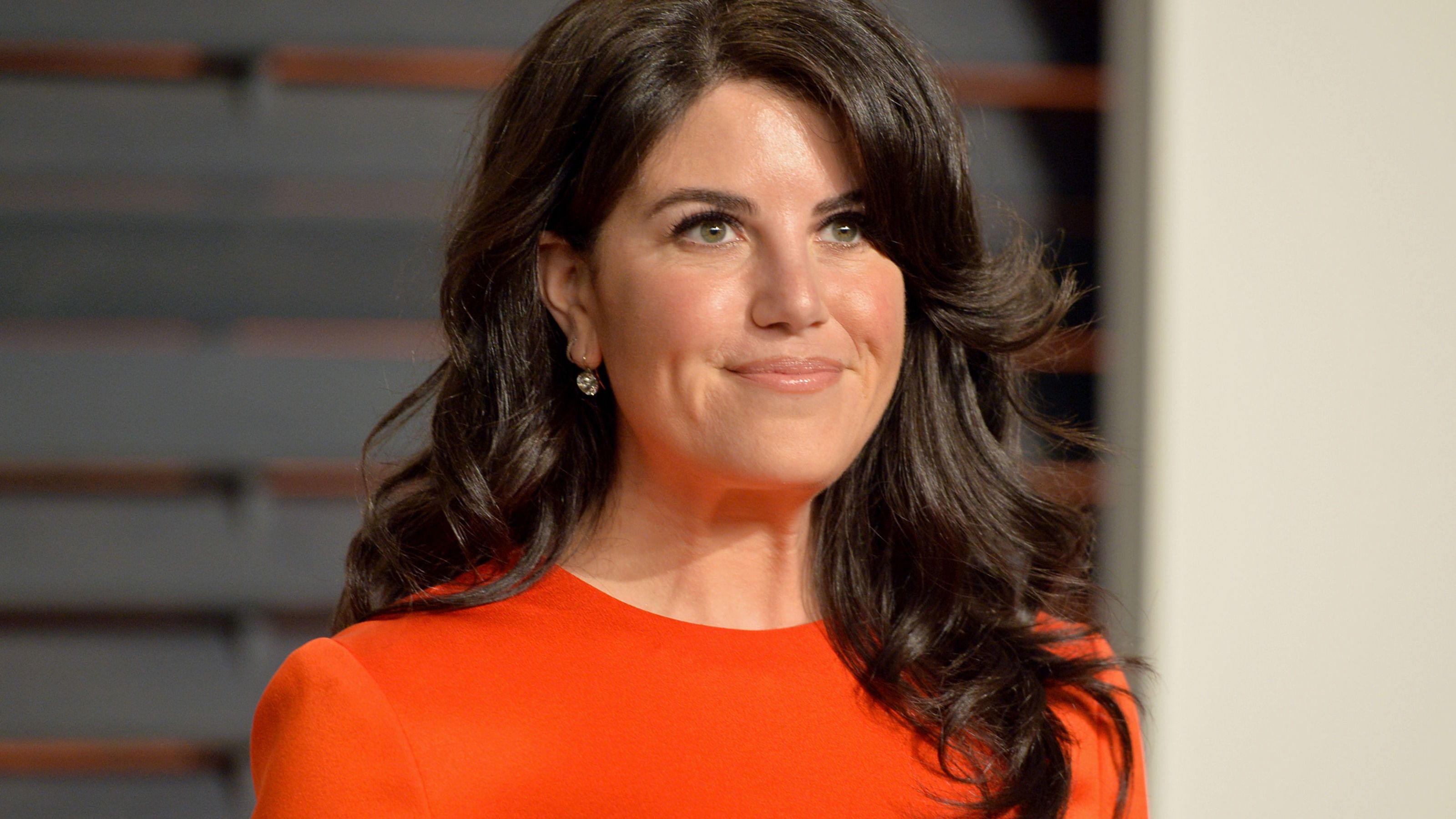

When Monica Lewinsky was 22 years old, she entered into an affair with then President Bill Clinton. When she was 24, after the affair had ended, the news broke. For the following two decades—and to some extent, to this very day—she endured humiliation and ridicule. But now, at age 42, Lewinsky is finally settling back into herself, and has become an outspoken advocate against cyberbullying in the process.
Often considered cyberbullying's first victim, Lewinsky—who now has a master's degree in psychology—has become a lecturer on the consequences of bullying. And in a tell-all new interview with The Guardian, she opens up about her experiences with image tarnishing, her attempts to escape her past life, suicidal thoughts, and being ridiculed by everyone from Jay Leno to notable feminists like Nancy Friday (who once said Lewinsky could pay rent with "her mouth.")
On how she felt looking back:
"I felt like every layer of my skin and my identity were ripped off of me in '98 and '99. It's a skinning of sorts. You feel incredibly raw and frightened. But I also feel like the shame sticks to you like tar."
On being deemed "that woman":
"I don't actually know why this whole story became about oral sex. It was a mutual relationship."
On being publicly mocked:
Stay In The Know
Get exclusive access to fashion and beauty trends, hot-off-the-press celebrity news, and more.
"I think it's fair to say that whatever mistakes I made, I was hung out to dry by a lot of people—by a lot of the feminists who had loud voices. I wish it had been handled differently. It was very scary and very confusing to be a young woman thrust on to the world stage and not belonging to any group. I didn't belong to anybody."
On suicide:
Lewinsky states that she came "very close" to attempting suicide, even going so far as to figure out how she'd do it. "I think some young people don't see suicide as an ending, but as a reset."
On moving on:
"To be able to give a purpose to my past, if I'm stuck with my past, feels meaningful to me. Integrate what has happened to you. Integrate the experience, the faster the better. There's shame about the shame. So there's a tendency to not want to tell someone what's going on."
Read the full interview over at TheGuardian.com.
Follow Marie Claire on Instagram for the latest celeb news, pretty pics, funny stuff, and an insider POV.

Samantha Leal is the Deputy Editor at Well+Good, where she spends most of her day thinking of new ideas across platforms, bringing on new writers, overseeing the day-to-day of the website, and working with the awesome team to produce the best stories and packages. Before W+G, she was the Senior Web Editor for Marie Claire and the Deputy Editor for Latina.com, with bylines all over the internet. Graduating from the Medill School of Journalism at Northwestern University with a minor in African history, she’s written everything from travel guides to political op-eds to wine explainers (currently enrolled in the WSET program) to celebrity profiles. Find her online pretty much everywhere @samanthajoleal.
-
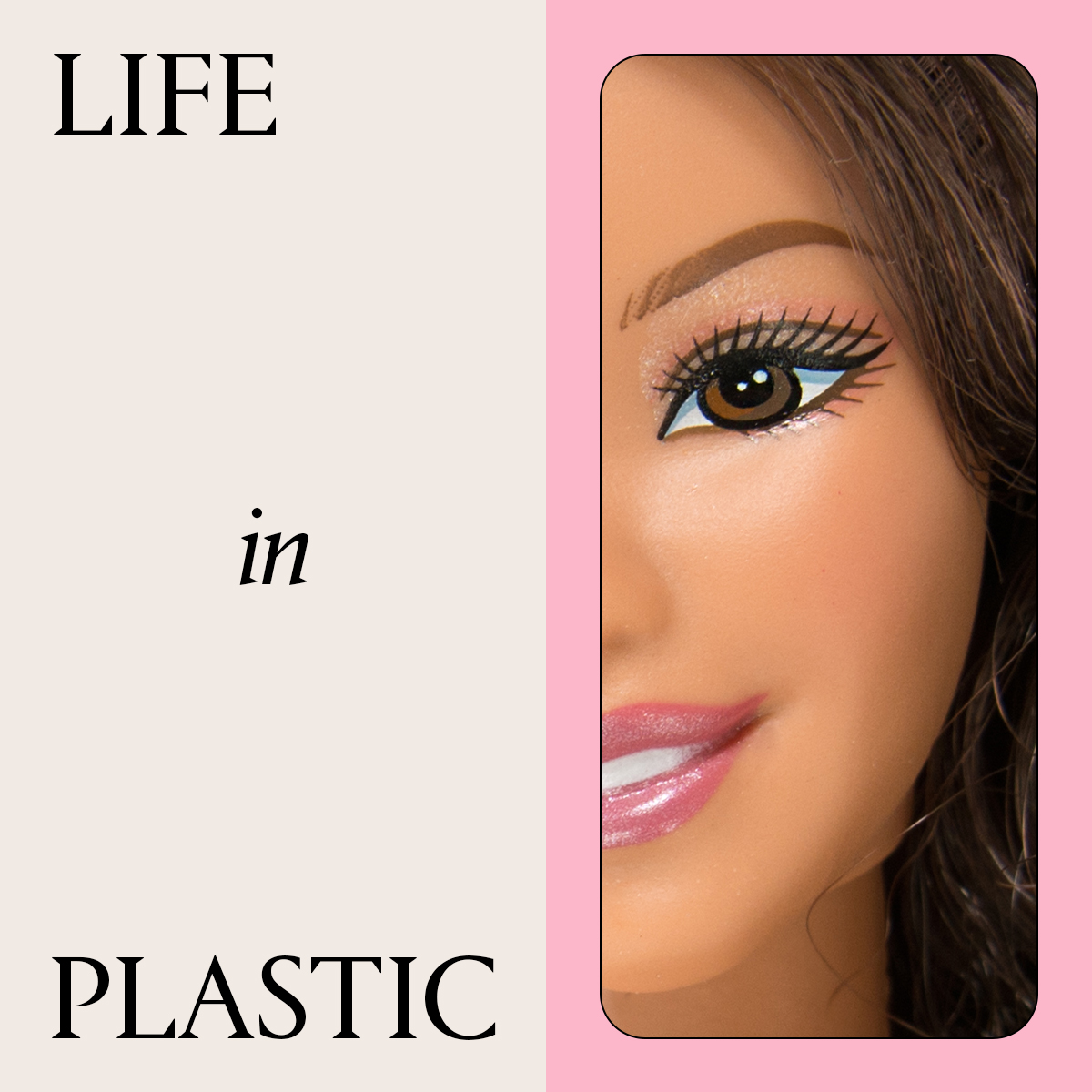 I Injected My Body's "Liquid Gold" to Address Undereye Fine Lines and Dark Circles
I Injected My Body's "Liquid Gold" to Address Undereye Fine Lines and Dark CirclesBut would I do it again?
By Michelle Rostamian
-
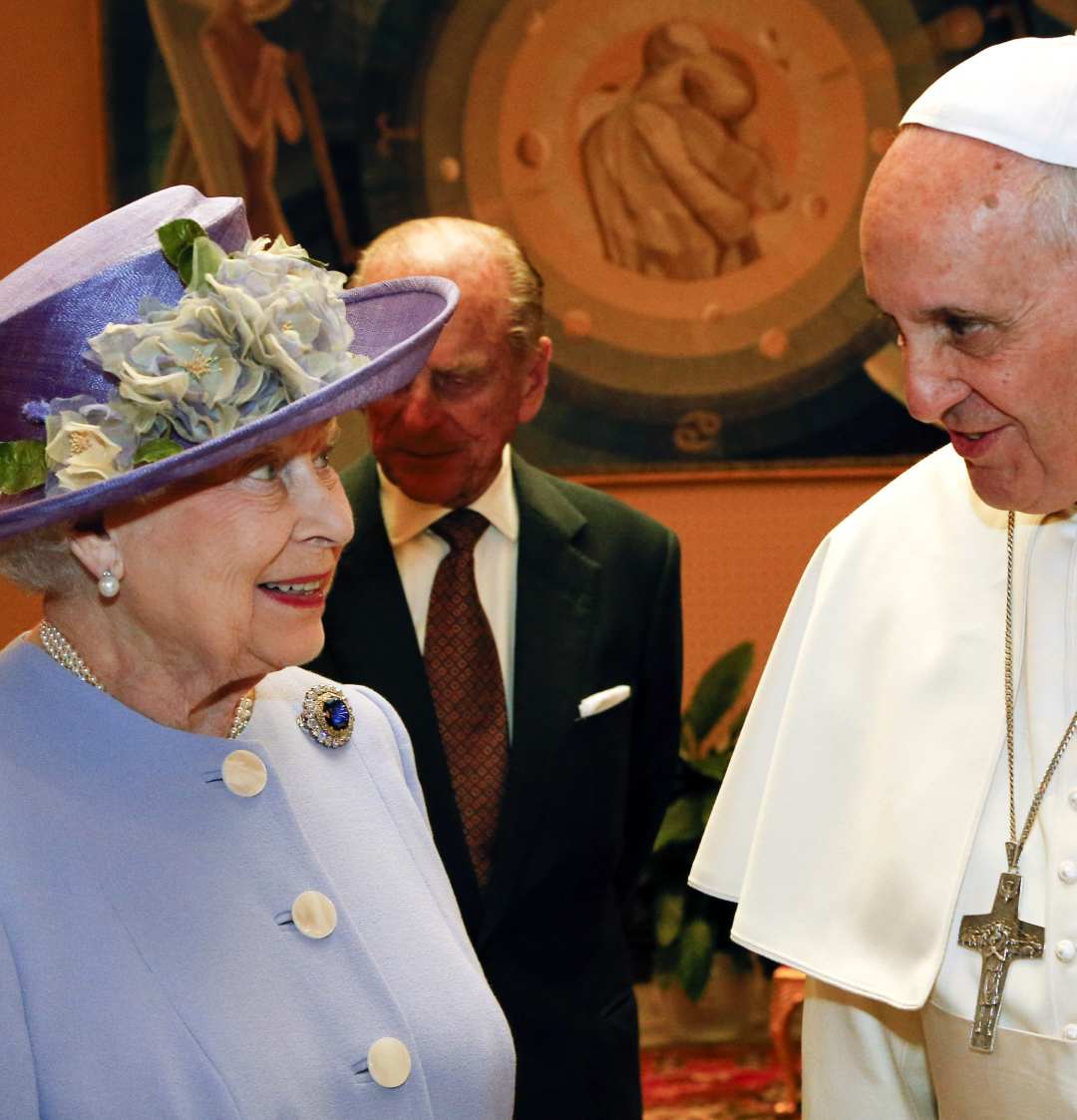 Queen Elizabeth Gave the Perfect Response When Pope Francis Presented Her With Priceless Gifts for Prince George
Queen Elizabeth Gave the Perfect Response When Pope Francis Presented Her With Priceless Gifts for Prince GeorgeThe late pope spared no expense when it came to treating the infant prince in 2014.
By Kristin Contino
-
 Want Healthier-Looking Hair? This Unexpected Beauty Product Might Be the Answer
Want Healthier-Looking Hair? This Unexpected Beauty Product Might Be the AnswerSkip the shampoos, glosses, and treatments.
By Marie Claire Editors
-
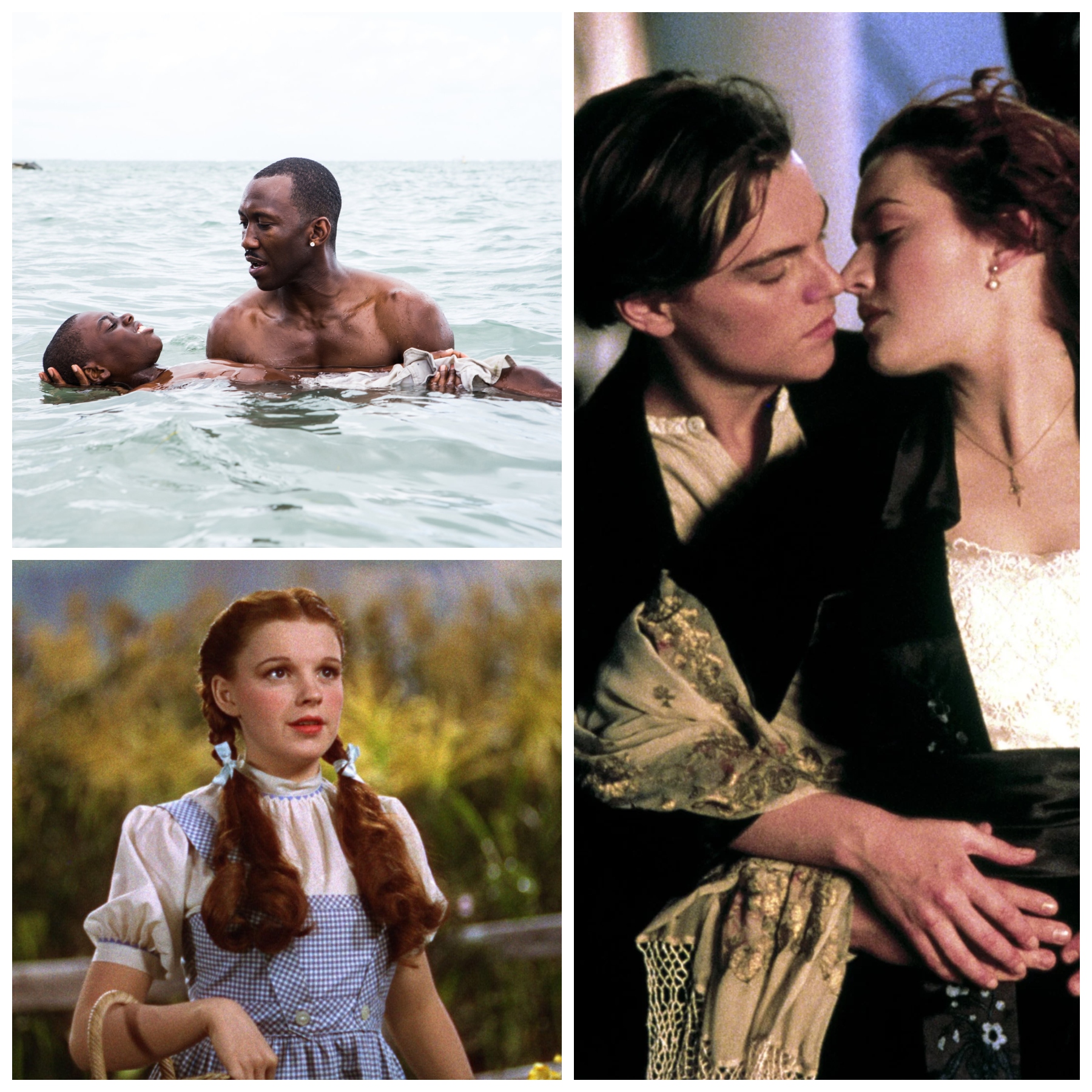 The 100 Best Movies of All Time: The Ultimate Must-Watch Films
The 100 Best Movies of All Time: The Ultimate Must-Watch FilmsWe consider these essential viewing.
By Quinci LeGardye
-
 The Best Bollywood Movies of 2023 (So Far)
The Best Bollywood Movies of 2023 (So Far)Including one that just might fill the Riverdale-shaped hole in your heart.
By Andrea Park
-
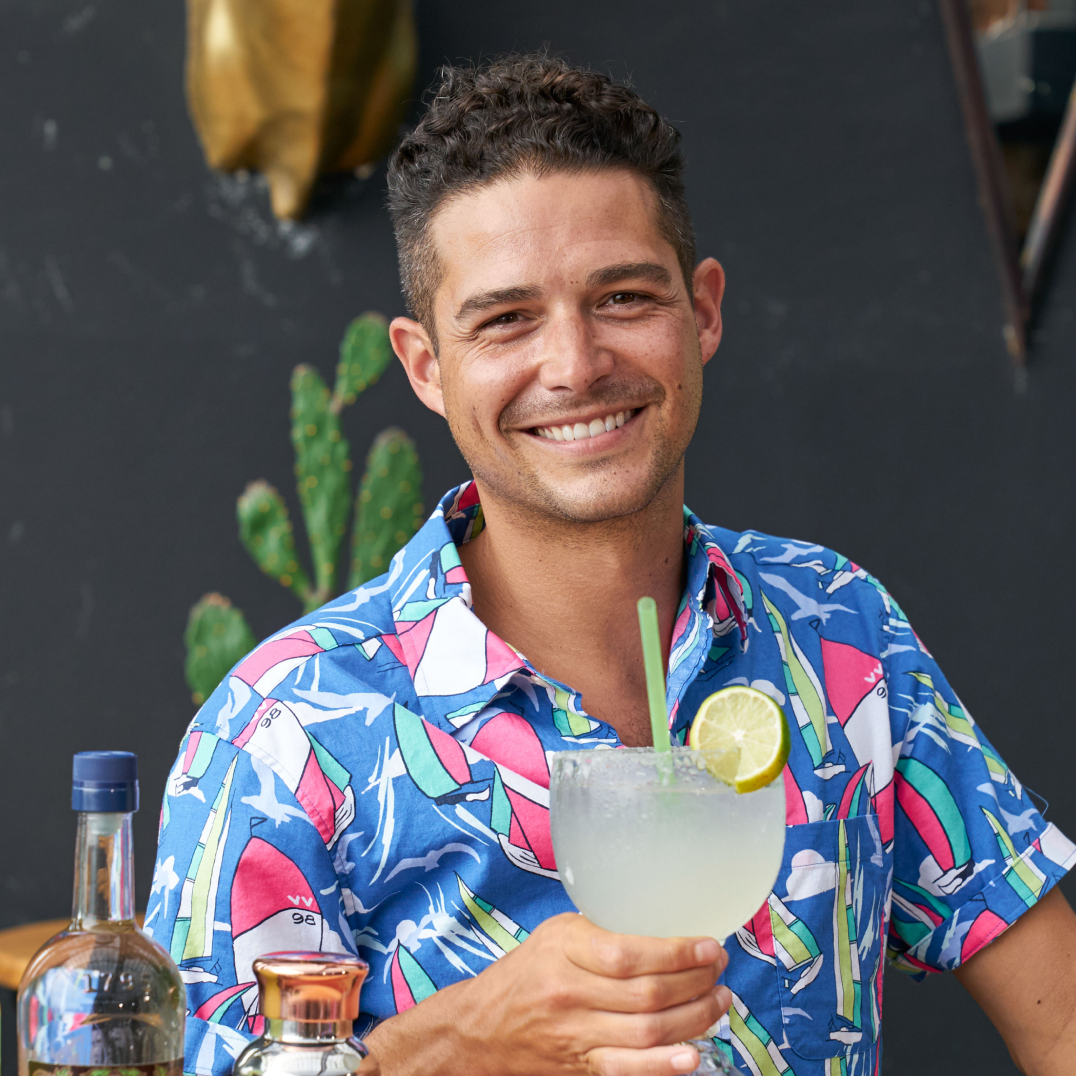 ‘Bachelor in Paradise’ 2023: Everything We Know
‘Bachelor in Paradise’ 2023: Everything We KnowCue up Mike Reno and Ann Wilson’s \201cAlmost Paradise."
By Andrea Park
-
 Who Is Gerry Turner, the ‘Golden Bachelor’?
Who Is Gerry Turner, the ‘Golden Bachelor’?The Indiana native is the first senior citizen to join Bachelor Nation.
By Andrea Park
-
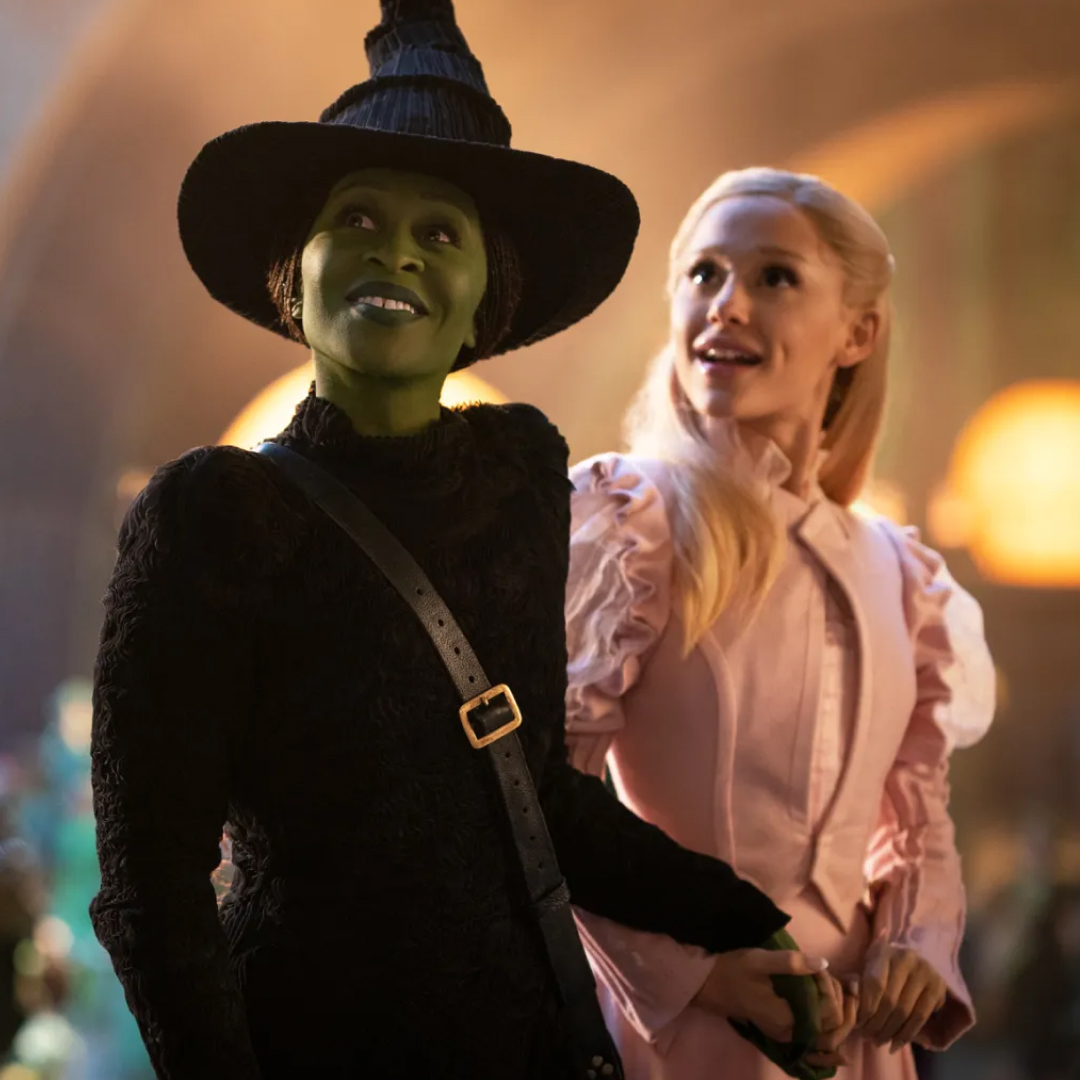 The 50 Best Movie Musicals of All Time
The 50 Best Movie Musicals of All TimeAll the dance numbers! All the show tunes!
By Amanda Mitchell
-
 'Ginny & Georgia' Season 2: Everything We Know
'Ginny & Georgia' Season 2: Everything We KnowNetflix owes us answers after that ending.
By Zoe Guy
-
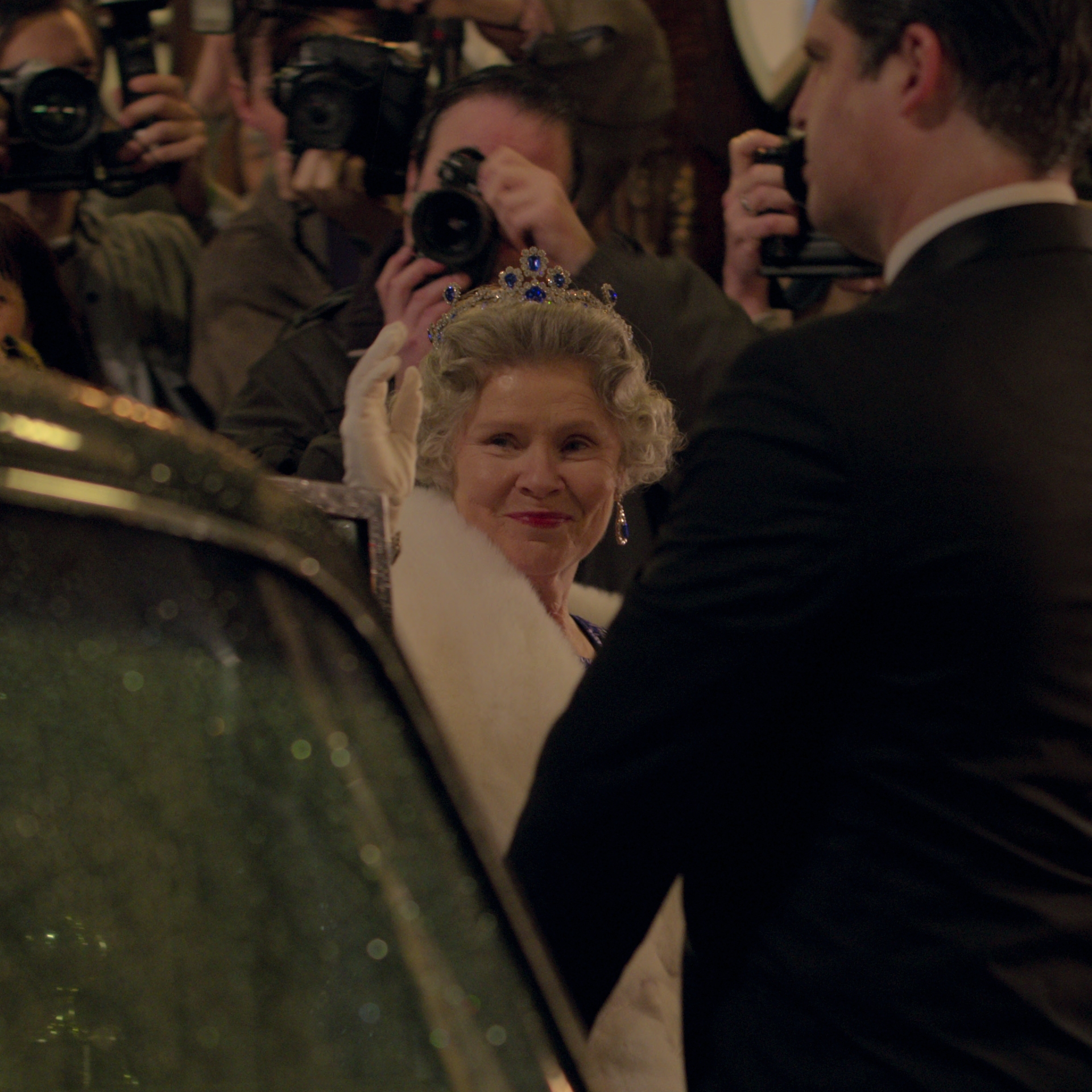 The Cast of 'The Crown' Season 5: Your Guide
The Cast of 'The Crown' Season 5: Your GuideFeatures The Mountbatten-Windsors have been recast—again.
By Andrea Park
-
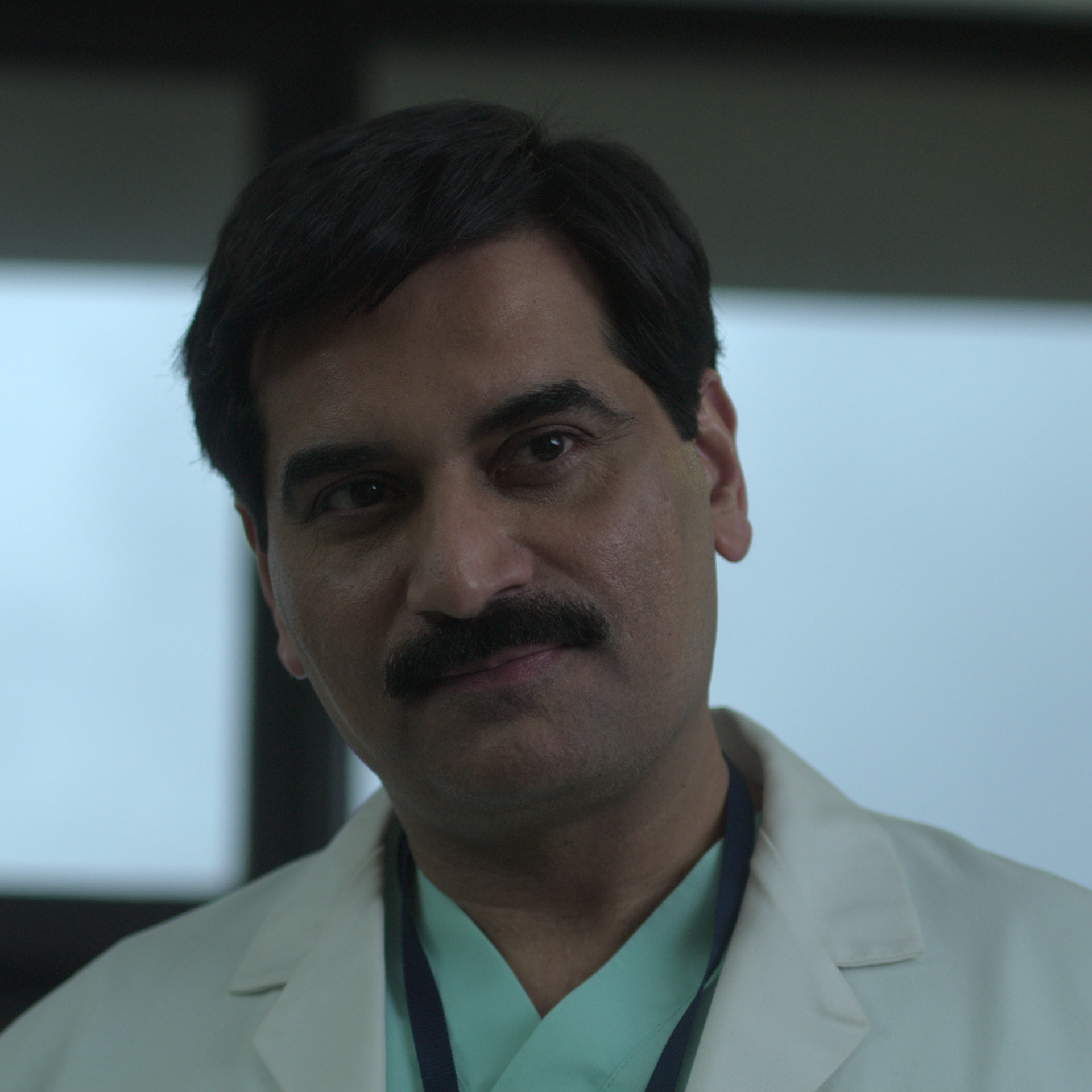 Who Is Hasnat Khan, Princess Diana’s Boyfriend on Season 5 of ‘The Crown’?
Who Is Hasnat Khan, Princess Diana’s Boyfriend on Season 5 of ‘The Crown’?Features Di’s friends have said she referred to the doctor as \201cthe love of her life.\201d
By Andrea Park